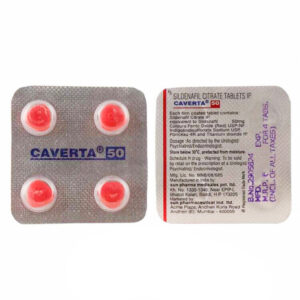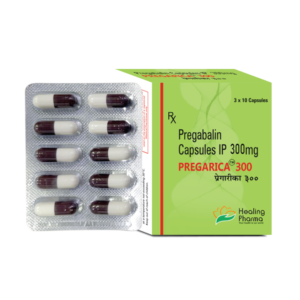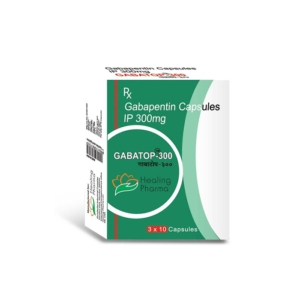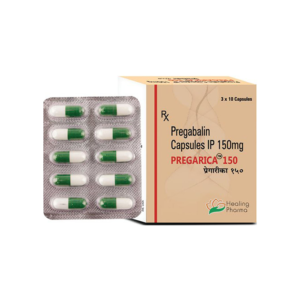
Dilantin (Dilantin)100mg – 100 tablet
Each Dilantin contains 100 mg Phenytoine 100 tablets. It is useful for the prevention of tonic-clonic seizures and focal seizures
ATC Classification: N03AB02
Active Ingrediant: Phenytoin
Generic Name: Dilantin
Manufacturer: Pfizer
Strength: 100mg
Dosage Type: Capsules
Packaging Type: Bottle
Contains: 100 Caps
Phenytoin Information
Pronunciation
FEN i toyn
What is this drug used for?
• It is used to help control certain kinds of seizures.
• It may be given to you for other reasons. Talk with the doctor.
Frequently reported side effects of this drug
• Fatigue
• Headache
• Anxiety
• Trouble sleeping
• Constipation
• Vomiting
• Change in taste
• Nausea
Other side effects of this drug: Talk with your doctor right away if you have any of these signs of:
• Infection
• Stevens-Johnson syndrome/toxic epidermal necrolysis like red, swollen, blistered, or peeling skin (with or without fever); red or irritated eyes; or sores in mouth, throat, nose, or eyes
• Depression like thoughts of suicide, anxiety, emotional instability, agitation, irritability, panic attacks, mood changes, behavioral changes, or confusion
• High blood sugar like confusion, fatigue, increased thirst, increased hunger, passing a lot of urine, flushing, fast breathing, or breath that smells like fruit
• Change in balance
• Abnormal gait
• Confusion
• Slurred speech
• Gingival pain or swelling
• Severe muscle pain
• Abnormal movements
• Twitching
• Trouble swallowing
• Trouble speaking
• Severe loss of strength and energy
• Seizures
• Burning or numbness feeling
• Bruising
• Bleeding
• Bone pain
• Involuntary eye movements
• Tremors
• Swollen glands
• Fever
• Rash
• Chest pain
• Unable to pass urine
• Change in amount of urine passed
• Liver problems like dark urine, fatigue, lack of appetite, nausea, abdominal pain, light-colored stools, vomiting, or yellow skin
• Fast heartbeat
• Slow heartbeat
• Abnormal heartbeat
• Severe dizziness
• Passing out
• Severe injection site redness, swelling, pain, or irritation
• Skin discoloration
• Signs of a significant reaction like wheezing; chest tightness; fever; itching; bad cough; blue skin color; seizures; or swelling of face, lips, tongue, or throat.
Medication Safety Issues
Sound-alike/look-alike issues:
Phenytoin may be confused with phenelzine, phentermine, PHENobarbital
Dilantin may be confused with Dilaudid, dilTIAZem, Dipentum
International issues:
Dilantin [US, Canada, and multiple international markets] may be confused with Dolantine brand name for pethidine [Belgium]
Storage and Stability
Capsule, tablet: Store at 20°C to 25°C (68°F to 77°F). Protect capsules from light. Protect capsules and tablets from moisture.
Oral suspension: Store at 20°C to 25°C (68°F to 77°F); do not freeze. Protect from light.
Solution for injection: Store at 15°C to 30°C (59°F to 86°F). Use only clear solutions free of precipitate and haziness; slightly yellow solutions may be used. Precipitation may occur if solution is refrigerated and may dissolve at room temperature. Discard any unused product.
Adverse Reactions
Cardiovascular: Cardiac arrhythmia, cardiac conduction disturbance (depression), circulatory shock, hypotension, ventricular fibrillation
Central nervous system: Ataxia, cerebral atrophy (elevated serum levels and/or long-term use), cerebral dysfunction (elevated serum levels and/or long-term use), confusion, dizziness, drowsiness, headache, insomnia, nervousness, paresthesia, peripheral neuropathy (associated with chronic treatment), slurred speech, suicidal ideation, suicidal tendencies, twitching, vertigo
Dermatologic: Bullous dermatitis, exfoliative dermatitis, morbilliform rash, scarlatiniform rash, skin or other tissue necrosis, skin rash
Endocrine & metabolic: Decreased T4, increased gamma-glutamyl transferase, vitamin D deficiency (associated with chronic treatment)
Gastrointestinal: Constipation, dysgeusia, gingival hyperplasia, nausea, swelling of lips, vomiting
Genitourinary: Peyronie’s disease
Hematologic & oncologic: Macrocytosis, megaloblastic anemia, pseudolymphoma, purpuric dermatitis
Hepatic: Acute hepatic failure, hepatic injury, hepatitis, increased serum alkaline phosphatase, toxic hepatitis
Local: Injection site reaction (“purple glove syndrome;” edema, discoloration, and pain distal to injection site), local inflammation, local irritation, localized tenderness, local tissue necrosis
Neuromuscular & skeletal: Osteomalacia
Ophthalmic: Nystagmus
Miscellaneous: Fever, tissue sloughing






